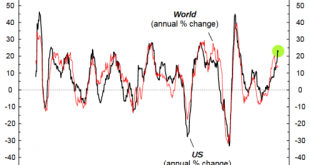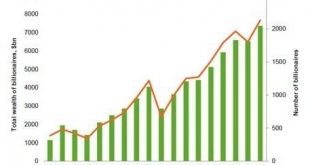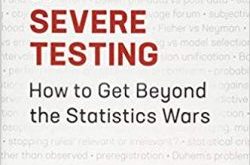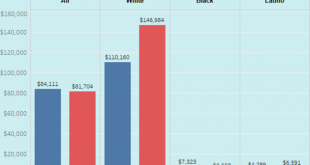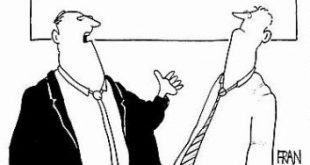from Shimshon Bichler and Jonathan Nitzan Like most of those subjected to the capitalist mode of power, Toro Molina, the protagonist of Budd Schulberg’s novel The Harder They Fall (1947), knows nothing about the larger scheme of things. From boom to doom Until a few months ago, the stock market narrative in the United States could have been summarized by the popular acronym BTFD – or ‘buy the fucking dip’. Analysts and strategists, emboldened by the world’s synchronized recovery,...
Read More »Billionaires – 2000 to 2017
No one said rich people were very sharp: Davos tries to combat populism
from Dean Baker Let’s see, cattle ranchers are against vegetarianism, coal companies are against restricting CO2 emissions, and the Davos crew is trying to combat populism, according to The Washington Post. It is kind of amazing that the rich people at Davos would not understand how absurd this is. Yeah, we get that rich people don’t like the idea of movements that would leave them much less rich, but is it helpful to their cause to tell us that they are devoting their rich people’s...
Read More »Beyond probabilism
from Lars Syll “Getting philosophical” is not about articulating rarified concepts divorced from statistical practice. It is to provide tools to avoid obfuscating the terms and issues being bandied about … Do I hear a protest? “There is nothing philosophical about our criticism of statistical significance tests (someone might say). The problem is that a small P-value is invariably, and erroneously, interpreted as giving a small probability to the null hypothesis.” Really? P-values are not...
Read More »USA racial wealth divide
Source: Dreams Deferred, Institute for Policy Studies
Read More »A hundred years ago
from Lars Syll The treaty includes no provisions for the economic rehabilitation of Europe — nothing to make the defeated Central Empires into good neighbours, nothing to stabilize the new states of Europe … The Council of Four paid no attention to these issues … Reparation was their main excursion into the economic field, and they settled it as a problem of theology, of politics, of electoral chicane, from every point of view except that of the economic future of the states whose destiny...
Read More »The Green New Deal is happening in China
from Dean Baker One of the Trump administration’s talking points about global warming is that we’re reducing greenhouse gas emissions, while the countries that remain in the Paris accord are not. Well, the first part of this story is clearly not true, as data for 2018 show a large rise in emissions for the United States. The second part is also not very accurate, as most other countries are taking large steps to reduce emissions. At the top of the list is China. The country has undertaken...
Read More »The next recession: what it could look like
from Dean Baker With the New Year and the US recovery soon to be record-breaking in duration, many are asking when the next recession is likely to come and what will cause it. While none of us has a crystal ball that gives a clear view of the future, there are a few things we can say. First, and most importantly, the next recession will not look like the last recession. The last recession was caused by the collapse of a massive housing bubble that had been the driving force in the...
Read More »Fisher’s debt deflation theory of financial crises
from Asad Zaman This post is the third part of lecture 8 of Advanced Macro L08C: Fisher’s Debt-Deflation Theory of the Great Depression. In previous segments of this lecture L08A: Micro-Foundations for Keynesian Economics, and L08B: Keynesian Explanation for Great Depression: Seriously Incomplete, we examined the Keynesian explanation for the Great Depression, and found serious deficiencies in it. L08A explains that many different kinds of outcomes, with and without unemployment, are...
Read More »Paul Krugman — a methodological critique
from Lars Syll Alex Rosenberg — chair of the philosophy department at Duke University and renowned economic methodologist — has an interesting article on What’s Wrong with Paul Krugman’s Philosophy of Economics in 3:AM Magazine. Writes Rosenberg: Krugman writes: “So how do you do useful economics? In general, what we really do is combine maximization-and-equilibrium as a first cut with a variety of ad hoc modifications reflecting what seem to be empirical regularities about how both...
Read More » Real-World Economics Review
Real-World Economics Review

